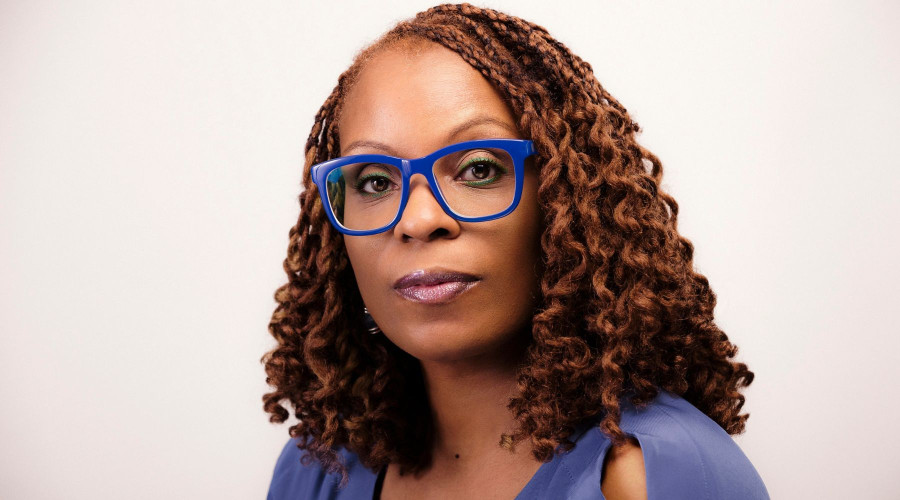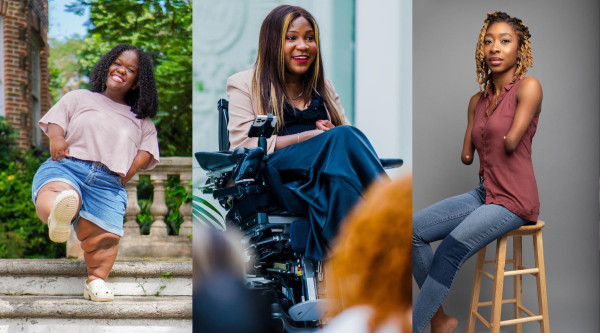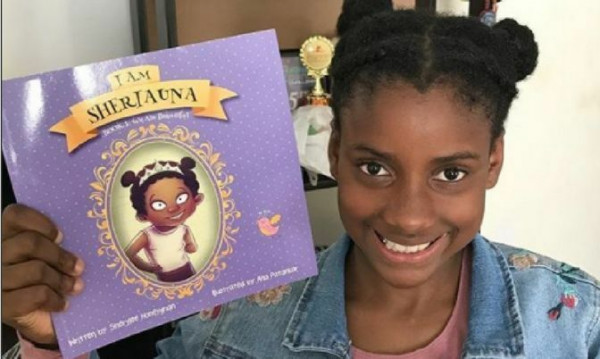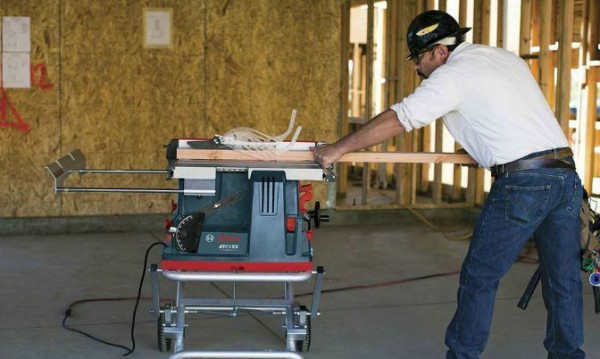Concussions are complicated, and although there is more information on sports and the effects of a concussion, there seems to be less common knowledge on persistent post-concussion syndrome.
Post-Concussion Syndrome is when you get a concussion (Traumatic Brain Injury) and the effects of that trauma to your brain continue long after the initial accident or incident. The symptoms can continue for weeks, months or in many cases like mine, years.
And then questions start. “So, what do the doctors say?” “When will you get better?” “How long will this go on?” I’m not a medical professional; I’m a real-life subject, and I have become an advocate for people living with post-concussion syndrome.
But, it’s complicated. Most people cannot understand exactly what is wrong with me, and it seems to make them uncomfortable. So imagine what it’s like for me living with this condition.
It has now been over two years since I had a relapse and probably got another concussion after I collapsed at work. I was working at a normal capacity as an Educator and Outreach Coordinator. Though I was comfortable talking about my brain injury, and my manager and supervisor expressed some concerns, I was still being reprimanded for only coming into work one day a week and not two.
On March 29, 2023, I collapsed at my job because I did not understand my brain injury, I did not have any accommodations, and I also did not understand the severity of what was wrong with me.
I have grown to understand my disability more as I head into my six-year concussion anniversary through an online support group and a peer support program with the Ontario Brain Injury Association, as well as through lived experiences.
Here are a few things that are a part of post-concussion syndrome: balance issues, chronic fatigue, brain fog, sensitivity to loud noises and bright lights, especially strobe light effects, problems with speech, heightened startle reflex and anxiety, and short and long-term memory issues.
There are many other symptoms, but these are the primary issues I experience. I call it an invisible disability because I look the same on the outside and aesthetically make sure not to look how I feel. I miss my pre-brain injury life: hanging out with friends, enjoying shows or concerts, performing, and spending hours doing research or writing for work or creative projects. I have been unable to enjoy most of these things for over five years. Many people with post-concussion syndrome tend to shut down and get depressed or become afraid to step outside and do things. I refuse to be like that and have worked hard on my recovery and continue to try to live and find joy, even though it may cause headaches, or dizziness and at times chronic fatigue for days on end.
Coping Mechanisms
Prayer, meditation and a positive attitude are key. I was also in vestibular physiotherapy for two years. I wake up each day and thank God for waking up without a 24 – 48-hour headache and for the ability to wake up before 1:30pm. I could not wake up before that time since the relapse in 2023. I have also become much better at adjusting my lifestyle and recognizing the signs that my brain is tired.
Am I Any Better And Is There A Cure?
The two most important lessons I learned were from The University Health Network (WSIB) Traumatic Brain Injury Program. I was in this program in 2020 for approximately eight months after I got my concussion.
Our lessons happened on the first day, when they asked everyone in our group to take off their sunglasses indoors. (I didn’t wear any, but the other people in my orientation group had them on). Next, they told us to take our earplugs out. (I did have earbuds in because my ears were extremely sensitive to noise.)
They taught us through physio, meditation, exercise and psychotherapy that to get better, we had to expose ourselves to the very things that seemed to hurt us the most, light and sound.
The Ontario Brain Injury Association's online support program was where I learned my second important lesson. It was during this eight-week program that the instructor drew us a diagram of our brain and a steep hill. She used this to demonstrate that the brain can indeed heal, but the process is very slow and takes time. This was a huge eye-opener for me.
Extreme patience is needed when you have a brain injury. I cannot remember people I know, it is very frustrating and upsetting, but I am learning to be more patient with this process. I have also developed my own little tricks to aid me with my short-term memory issues. I have a whiteboard on my fridge, and I use my Google calendar for reminders, such as medication, appointments, and meetings. I use scheduled texts to remind myself at the start of an activity that I have something on the stove or that I've put my clothes in the dryer. One of the major problems with post-concussion syndrome that I have found is out of sight, out of mind; literally. If I start something and go to another room, I will not remember what I started in that other room. The texts help me with that.
{https://www.youtube.com/watch?v=KbbHRn-PFhU}
My long-term memory finally started coming back in August of 2024, and this year my short-term memory has become better with medication and with vestibular and psychotherapy.
I am in the process of believing I can go back to work with accommodations. My brain still works, I can coach, teach, write, do communications work, write articles, and plays and develop ideas and concepts. But I have to take breaks and pace myself properly.
So, where does that leave me now? I have continued working on my recovery with an end goal to work full time again and of course, perform spoken word, theatre and comedy again. I have numerous comedic ideas and stories about life with a brain injury.
I used to wonder why this happened to me. I talk to God about it. Then I think, maybe this was for me to educate others about post-concussion syndrome. Perhaps it was to help me be a voice for people who are going through this and cannot put their feelings into words.
My mantra has become “thank God I’m a writer.” This was the one thing I could still do, even at the very beginning, when I couldn’t really speak well and suffered headaches 24/7. Writing and blogging and vlogging, in many ways, saved my mental health.
I’m becoming more comfortable sharing my story. And I hope that through sharing my experience, it will help people understand their friend or family member who had a concussion and may still be struggling, months or years later.
I have two friends who banged their heads and are living with post-concussion syndrome, and other friends who also experience these symptoms after a car accident. You could have someone in your life dealing with post-concussion syndrome and not even realize it.
June is Brain Injury Awareness Month in Canada, and now you have been made a bit more aware by reading this article. Perhaps you will be kinder than many of the people who have shunned me or treated me terribly because I seemed a bit off when I struggled to remember a word or two.
I still feel like the same person on the inside though, and I’m working on my comeback; stay tuned!










